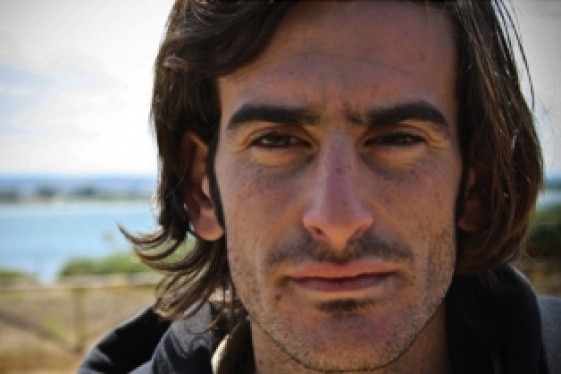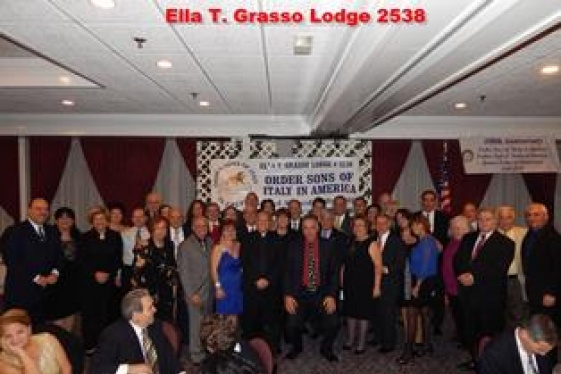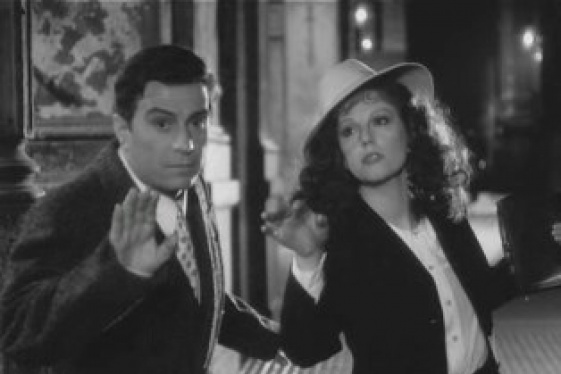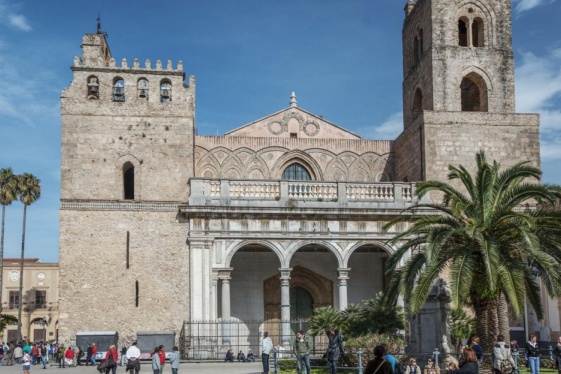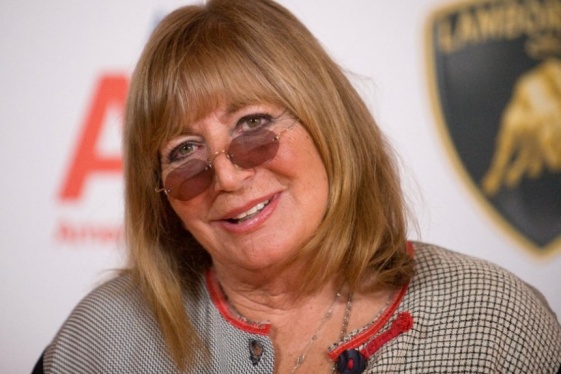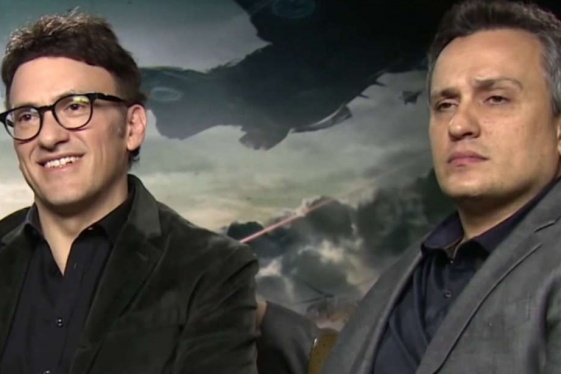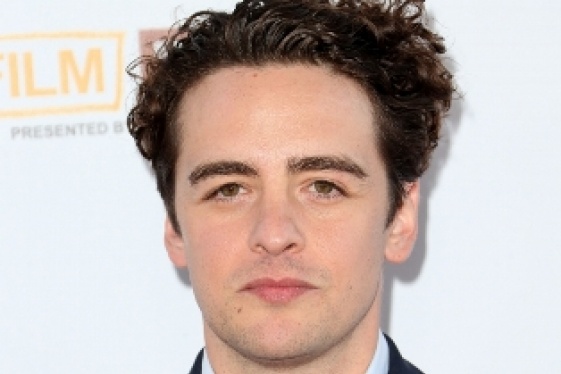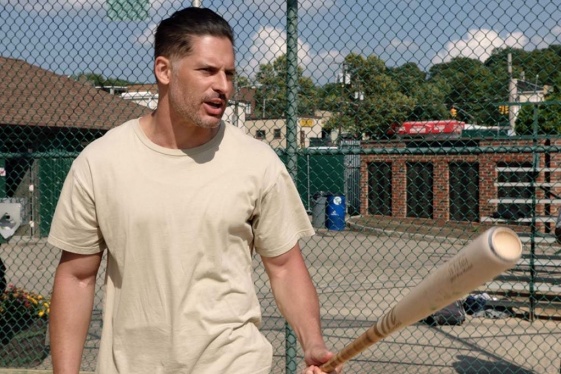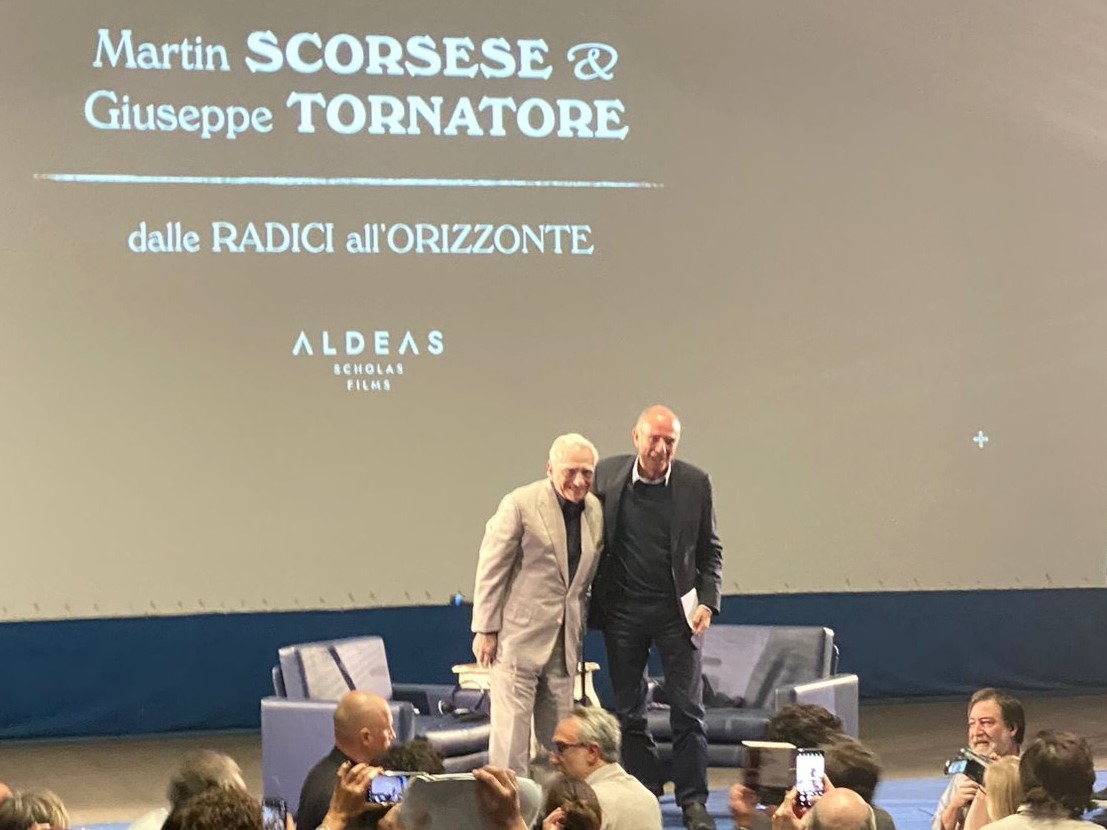

Now an honorary citizen of Polizzi Generosa, already an Italian citizen since 2018, Martin Scorsese in the town of his Sicilian ancestors, looking out from the enchanting belvedere of the Holy Trinity, wonders what must have prompted the 19-year-old Francesco Paolo Scozzese (surname mispronounced in the U.S. as Scorsese), who would become his grandfather, to emigrate to America at the dawn of the 20th century.
It was 1907, and during the great migration to the U.S. between 1890 and 1913, nine out of ten migrants were Sicilians. The director's parents in the entertaining documentary “Italianamerican” (1974) screened at the Cristallo cinema in Polizzi, which greatly moved the audience, recount the great migration.
A meeting-masterclass with the great Italian-American director takes place at the cinema in the form of a conversation with Oscar winner Giuseppe Tornatore, also from Sicily. In the audience are his three daughters (the youngest, Francesca, in the front row intent on filming) and the technical staff for the shooting of a docufilm inspired by Scorsese by the Pope. At the Vatican last January, Scorsese spoke to Bergoglio about the new film in the pipeline on Jesus, the Pope asked the director (who feels a strong call for the theme of faith he discusses in the book signed with Jesuit Vatican undersecretary for culture Antonio Spadaro, “Dialogues on Faith” La nave di Teseo), if he would like to join the Aldeas Scholas project (a movement created by Bergoglio when he was archbishop of Buenos Aires). The director said yes, and so Polizzi Generosa is included among the five places on different continents to tell the representative story of a small community, similar to others in the Global South, in marginal areas but rich in identity. “Cinema can be an instrument of rediscovery and return to the roots,” the Pope told him.
During the masterclass, the documentary is shot with three-time Oscar-winning cinematographer Emmanuel Lubezki. Faces and interventions of viewers in the room will go around the world.Tornatore asks about the importance of roots. “The connection to my roots gives me a special energy. It is complex to transplant roots in another country. Until my teenage years, growing up at home, I felt I was from Polizzi. In Elizabeth Street where we lived there were two buildings facing each other: in one stood families from Polizzi, in the other families from Ciminna (his mother's family was from Ciminna ed.). This juxtaposition in the 1960s ceased. As Nabokov says, however, the images of childhood never leave you.
“In ‘Italianamerican’ Charlie and Catherine Scorsese recount the times of their parents. The mother here displays an acting talent that her son later used for small parts in several films. An article appeared in this newspaper in '97 when Catherine died, signed by the writer, a copy of which I gave on the occasion to Francesca Scorsese who was moved and gave it to her father.Other filming was done in Polizzi looking for the director's grandfather's house. “Seeing this green, these valleys and mountains that my grandfather left behind is very touching,“ says the Oscar winner (”Taxi Driver,” ‘Raging Bull,’ ‘Goodfellas,’ ‘Killer of the Flower moon’) had come here twice before. “Memories surface that give me serenity.” The connection with Sicily is strong: his two production companies are named Sikelia (Sicily) and Cappa (his mother's last name).
You may be interested
-
Davide Gambino è il miglior "Young Italian F...
Si intitola Pietra Pesante, ed è il miglior giovane documentario italiano, a detta della N...
-
Italian American Culture Night
Tuesday, April 14 - 6.30 pm EDTSt. James Church Rocky Hill - 767 Elm St, Rocky Hill,...
-
New York Italians Movie Night: "C'eravamo ta...
Dear Friends, New York Italians in collaboration with Fordham University, Department...
-
'A beacon of hope': Sicily’s enduring North A...
On a late summer evening in the Sicilian seaside village of San Vito Lo Capo, Anna Grazian...
-
'A League of Their Own' director Marshall dea...
Actress and director Penny Marshall, whose love of sports made her a regular in the Los An...
-
'Avengers: Infinity War' Directors Inducted I...
The Russo Brothers were a pair of the Marvel Cinematic Universe's best directors even prio...
-
'Boardwalk Empire' Season 5 News: Vincent Pia...
Recently, actor Vincent Piazza, who plays up-and-coming gangster Lucky Luciano on the show...
-
'Bottom of the 9th': Film Review
With films like Two Family House and City Island, director Raymond De Felitta found easy c...



